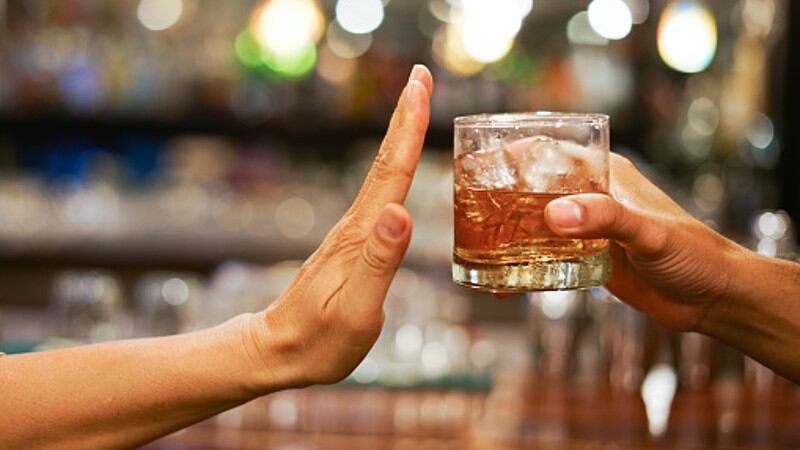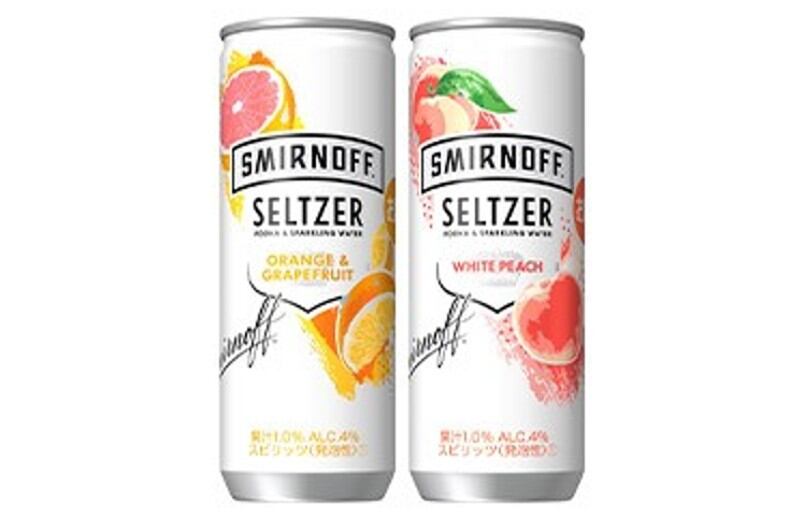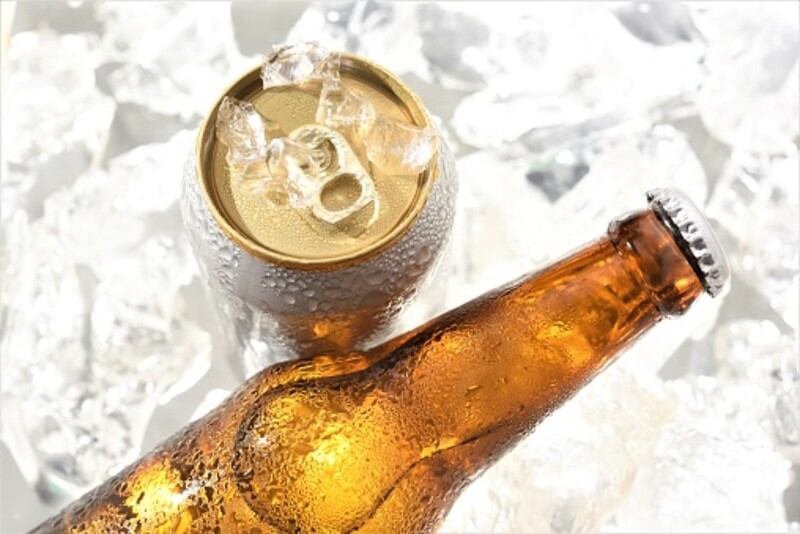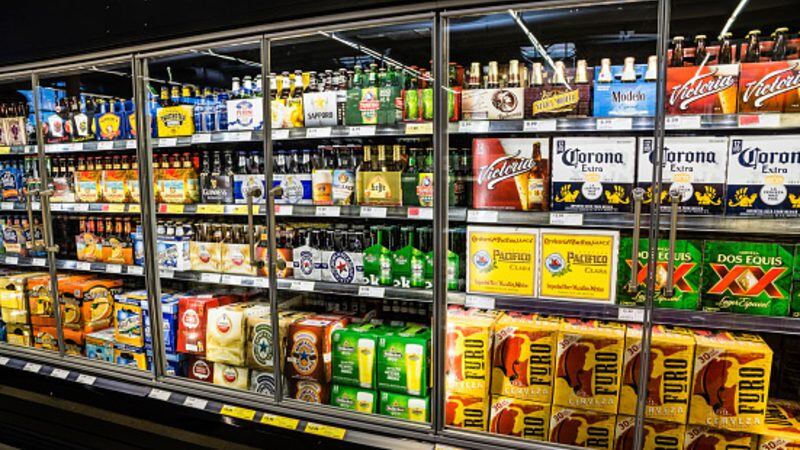The promotion of responsible drinking by alcoholic beverage companies may at first seem counter-intuitive as these initiatives generally encourage consumers to partake of less alcohol in order to maintain moderate consumption, but at a glance most of the largest alcohol brands from Guinness to Carlsberg to Johnnie Walker have all set up campaigns around these messages.
For these firms, apart from the obligatory warnings and education for consumers to prevent excessive drinking and any resulting socioeconomic issues, such campaigns actually also bring along the added benefit of a positive brand image and wider consumer reach, as well as increased consumer trust and resulting loyalty.
“The promotion of positive drinking is one of the key pillars in Diageo’s Society 2030: Spirit of Progress business plan, making responsible drinking initiatives amongst our most crucial areas,” Diageo Asia Pacific Corporate Relations Director Wilson del Socorro told FoodNavigator-Asia.
“The goals in Spirit of Progress aren’t just about meeting stakeholder or regulatory expectations - we also believe that they are fundamental to building consumer loyalty, [and] building resilience across our organisation, [so initiatives] such as the promotion of responsible drinking are thus crucial to driving performance over the long-term.
“[For these initiatives in APAC], we work with a range of partners around the region to promote moderation and tackle the harmful use of alcohol. For example, our award-winning “SMASHED” programme [tackles underage drinking], and seeks to empower young people by giving them the knowledge and confidence to make responsible choices around alcohol and enhance their awareness of the relevant dangers.
“[We also have] the DrinkIQ programme where we share information and resources to encourage moderation for those that chose to drink [by providing] information on alcohol, its impact on the body, and a range of resources to encourage moderate consumption - Specific modules have been developed for women, drivers and bartenders.”
Worldwide, Diageo has many well-known alcohol brands under its belt including Smirnoff, Johnnie Walker, Bailey’s, Guinness and many more making its efforts in promoting responsible drinking awareness all the more crucial – in 2021, the firm claims to have reached more than 46,000 students with ‘Smashed’ and over 25 million consumers with DrinkIQ.com and other platforms across the region.
With the onset of COVID-19, such campaigns also saw increased importance as a means of reaching more consumers and gaining recognition as a responsible alcohol brand – particularly when it comes to younger consumers with a rising awareness of the potential health impacts of excessive drinking, and appreciate the candor of brands willing to be upfront with them about the potential risks.
As such, another crucial aspect for Diageo when it came to marketing these campaigns during the pandemic was to take these online, so as to cement its presence amongst this demographic.
“Like with maby other businesses, COVID-19 has impacted our business and our wider supply chain and related sectors such as hospitality - Our focus has been on keeping our people safe, supporting the communities within which we operate, and ensuring we emerge stronger as a business, so this has included pushing forward with the Society 2030 agenda,” del Socorro added.
“This also meant we had to stay agile and flexible to adapt to th shifting circumstances, so as an example, when COVID-related restrictions impacted our ability to deliver responsible drinking programmes such as Smashed and ‘Wrong Side of the Road’ (an initiative tackling drink driving), we pivoted our approach to be primarily online interactive training modules – this delivered such outstanding resultsthat they are now a critical platform for these programmes.”
This technological pivot has been particularly important for the company in Asia, where a large percentage of consumers are very reliant on their smartphones – such as in South Korea where 97% of consumers own at least one smartphone.
“We decided to use digital as the main platform for the DRINKiQ campaign in South Korea due to the prevalence of smartphone usage and the fact that Quiz apps have become a popular part of pop culture,” he said.
“The collaboration was with two mobile quiz apps to promote the DRINKiQ quiz, as well as activity with magazines and social media sites - Within the first five minutes of the campaign launch, we saw more than 2,400 quiz completions.
“As of end February 2021, 7.8 million people in Korea (approx. 15% of the total population) participated in the campaign and visited the DRINKiQ website, and more than 200,000 people (0.39% of the total population) had completed the DRINKiQ quiz, evidence of this very efficient and widespread consumer reach.”
Outlook
Despite expecting volatility to continue in the APAC alcohol industry, Diageo believes that both the company’s well-known brands and overall industry’s deep roots mean that positive changes are on the way.
“We remain confident about the underlying fundamentals of the alcohol market in the Asia Pacific, and Diageo’s portfolio of brands is also already well-positioned to respond to important trends underway in this region,” he said.
“These rising trends include the rise of the middle class, shifting consumer preferences towards spirits and more premium products, and consumers seeking new and aspirational experiences – the demand for all of which we have suitable, relevant products to fulfil.
“Furthermore, as COVID-19 restrictions are lifted sensibly and appropriately in different countries, we also expect this to positively impact the alcohol market as consumers return to the trade and the wider tourism and hospitality sectors recover.





